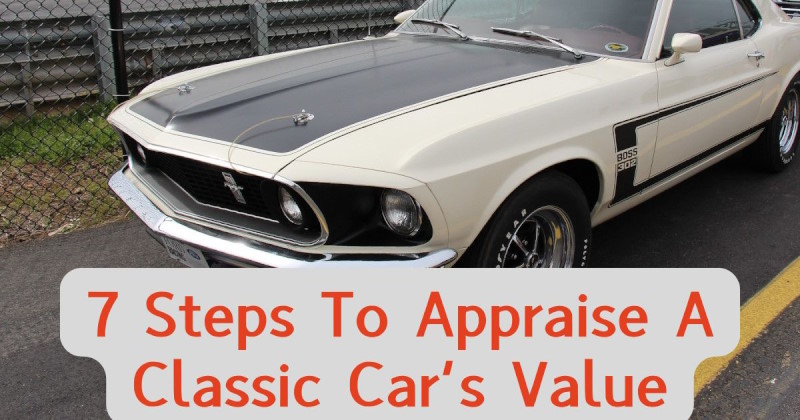
Owning a classic car is like holding a piece of history in your hands. There’s a certain pride in the hum of the engine, the curves of the body, and the nostalgia of a bygone era brought back to life on four wheels.
But the challenge? Figuring out just how much that dream ride is worth. Whether you’re looking to sell, insure, or simply brag at the next car meet, appraising a classic car’s value isn’t just for seasoned collectors.
This guide breaks down the essentials of appraising a classic car. By following these seven steps, you’ll learn how to assess key factors like condition, rarity, and historical appeal. Let’s dive in and get you prepped to understand your car’s true worth.
Understand the Car’s Make and Model
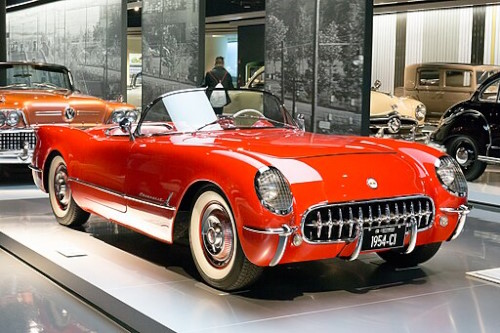
Before we even get to the nitty-gritty details, let’s start with the basics: the make and model of your classic car. Certain brands and models hold more value than others purely because of their iconic status, historical significance, or even pop culture references.
Think of it this way: a ‘69 Ford Mustang Boss 429 might turn a few more heads than, say, a 1980s sedan.
Research the popularity and demand of your car’s make and model. Some classic cars become prized collector items due to their limited production numbers, unique designs, or association with certain historical moments.
This initial step lays the groundwork for understanding what kind of price range you’re looking at. And remember, a car with a well-known legacy or a “cult following” can drive its value sky-high.
Assess the Condition of the Car
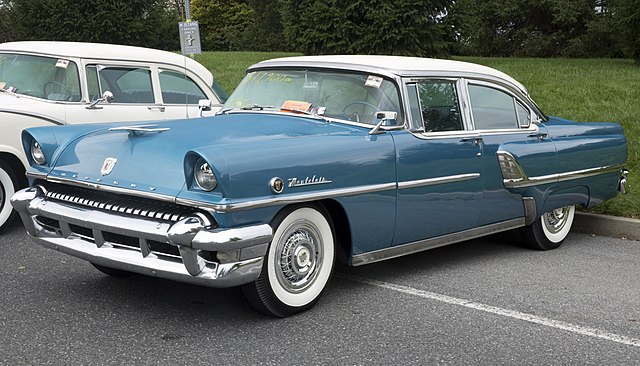
Now that you know what make and model you’re dealing with, it’s time to look under the hood—literally and figuratively. The condition of your classic car is one of the biggest factors in determining its value.
Classic cars come in all states of wear and tear, from fully restored showroom beauties to “barn finds” covered in dust and mystery.
Start by examining the bodywork, paint, engine, and interior. Any signs of rust, dents, worn-out upholstery, or engine trouble can significantly impact value. Generally, cars fall into four categories: concours (like-new), excellent, good, and fair condition.
Be honest about your car’s state; it may have some charming patina or battle scars that enthusiasts find endearing, but big restoration projects often decrease value for buyers looking for a ready-to-drive experience.
Check for Originality
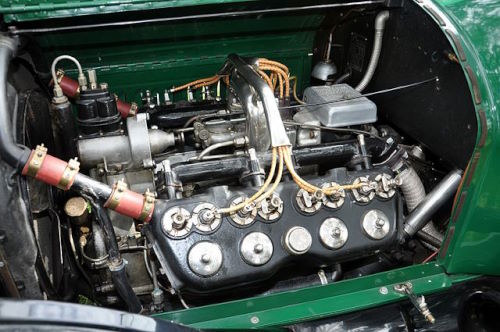
When it comes to classic cars, originality is like gold. The more original parts a car has, the more likely it is to fetch a higher value. Originality means that the car has its factory-installed parts, engine, paint, and upholstery, rather than modern upgrades or modifications.
Original paint, factory-installed engines, and authentic interiors are all elements that add significant value. Even something as minor as the original radio or steering wheel can make a difference. Originality gives collectors a feeling of authenticity, as if they’re stepping back in time with the car.
But if your car has some modifications, don’t stress. Just be aware that it might not reach the same value as a fully original model, although some tasteful upgrades, like improved brakes or air conditioning, can appeal to certain buyers.
Consider the Car’s Rarity
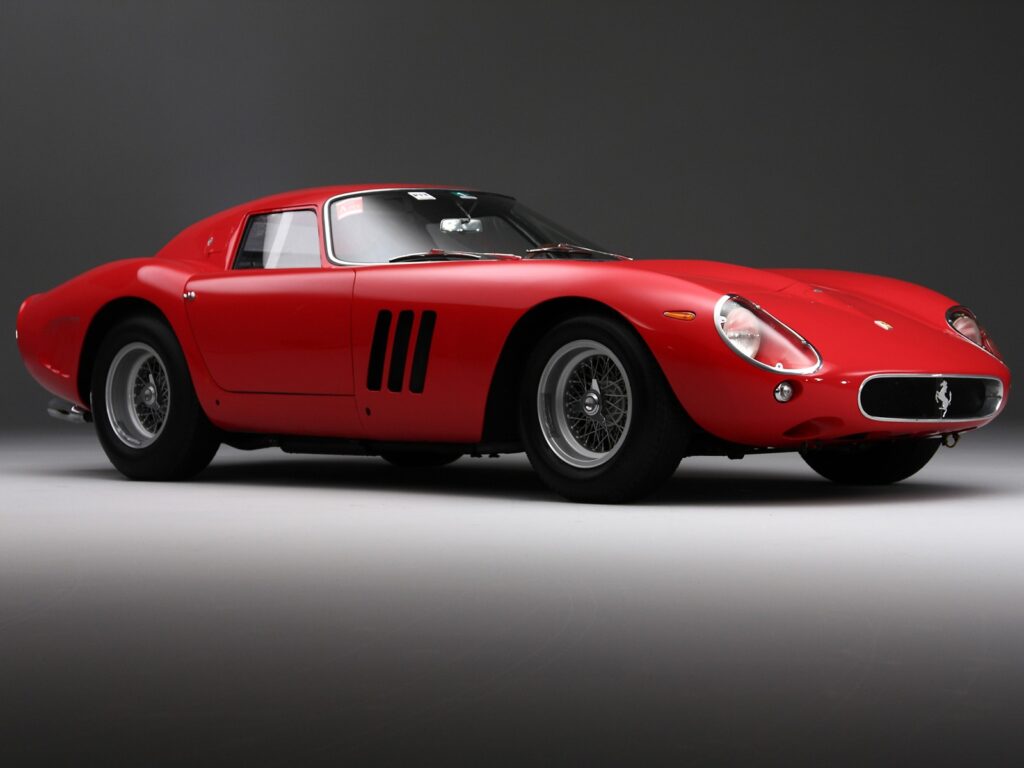
Rarity is another big player in the appraisal game. Classic cars with limited production numbers or unique features are often worth more, simply because there aren’t that many out there. Some cars may even have a specific color combination, trim level, or factory-installed accessory that makes them rare finds.
A quick search on classic car auction sites or an appraisal book can give you an idea of how many similar cars were produced and how many are still on the road today. The harder it is to find a similar car, the more valuable yours could be.
And if you’ve got a one-of-a-kind or rare model on your hands? That’s the jackpot of rarity, and it could be worth holding onto for a while as values tend to appreciate over time for rare models.
Factor in the Car’s Age and Historical Significance
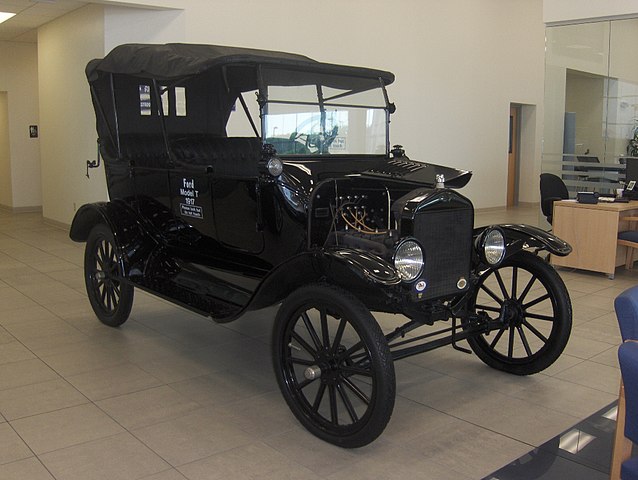
Classics don’t just age; they gather stories, memories, and cultural impact along the way. Cars from certain decades or historical events (like WWII or the Golden Age of Muscle Cars) often carry additional value due to their age and historical relevance.
Cars tied to a specific era, like the slick curves of 1950s models or the powerhouse engines of the ‘60s, hold a lot of nostalgic appeal. Look up if your car has any unique place in automotive history, like being one of the first models with a certain feature or an emblem of a cultural movement.
Collectors are not just buying a car—they’re buying a piece of the past, and this historical allure can drive up the price.
Research the Car’s Market Demand
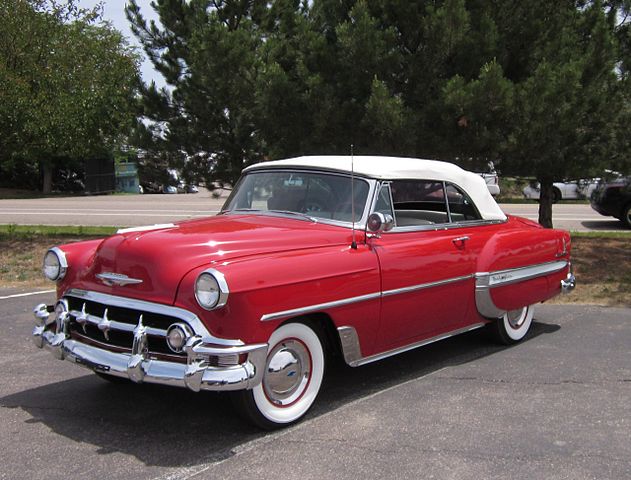
Demand is always fluctuating in the classic car world. Some models, like muscle cars, can be in high demand one year and less popular the next, depending on trends and collector interests. Checking out recent sales of similar models gives a good sense of where your car’s market value might lie.
Take a look at online car auctions, classic car dealerships, and even forums to see how frequently models like yours come up for sale and at what prices. If your car is in demand, you may find that buyers are willing to pay a premium.
This is especially true for cars that fit current trends, like electric conversions of classics or vintage cars that are road-ready for daily driving.
Get a Professional Appraisal
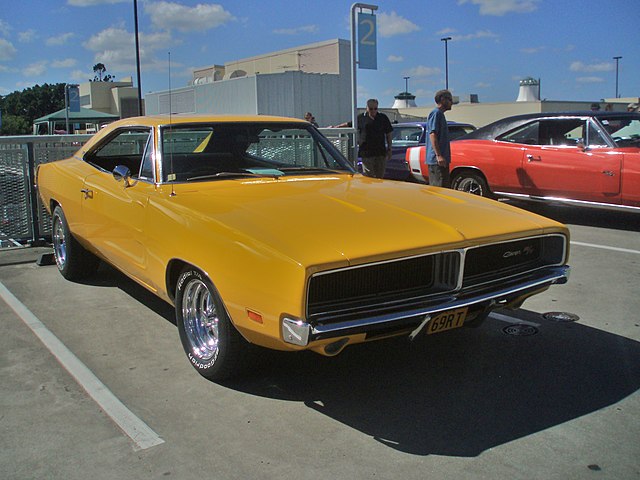
After you’ve done your own homework, sometimes the final step is calling in the pros. A professional appraisal can give you a more accurate estimate of your car’s value based on an expert’s trained eye and industry knowledge.
It’s especially useful if you’re planning to insure or sell the car, as a professional appraisal is often more trusted by buyers and insurance companies alike.
Appraisers look at every detail, from the car’s make and model to its condition, originality, rarity, age, and market demand. They’ll also take into account any modifications or restorations that may impact its worth.
While an appraisal usually costs a fee, it can be well worth it if you’re looking to get top dollar. Plus, having an official appraisal report can make your car more appealing to serious buyers.
Final Thoughts
Appraising a classic car is as much an art as it is a science. From checking its originality to understanding market demand, each factor gives you a better idea of what your prized car might be worth.
Remember, a well-researched value can help you insure, sell, or even just better appreciate the car sitting in your garage.
Now that you’ve got a better handle on how to appraise your classic, why not share your tips, experiences, or favorite classic car photos on our Facebook page? Let’s keep the classic car love alive!
